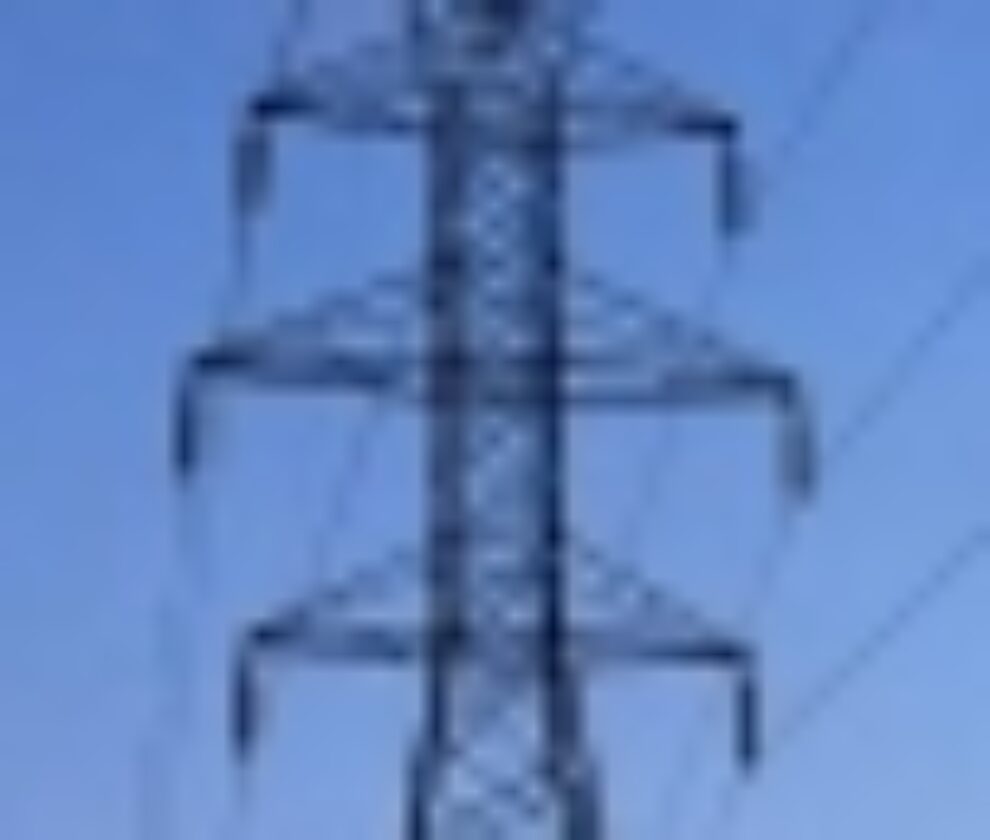07 Jun
Representative James Sensenbrenner (R-Menomonee Falls, Wisconsin) recently released a discussion draft of a bill to amend the Federal Power Act to require regional transmission plans. A brief summary of the highlights follows.
FERC, in consultation with electric reliability organizations, transmission operators, transmission owners and states, must designate one or more regions in both the Eastern and Western Interconnections to create transmission regions to be represented by a “regional transmission planner” within one year of enactment. Any entity with an existing planning process (such as an RTO or ISO) may submit an application to FERC for approval as the regional transmission planner for a designated region. FERC will rule on the application within 18 months. If no regional transmission planner is approved, or is not submitted by regions in a timely manner, FERC shall either designate a planner or assume the role itself.
No later than 2 years following FERC’s approval of a planner, and every two years following, the regional transmission planner must submit transmission plans to FERC that are designed to enhance grid reliability and security, encourage diverse resource generation, and show that upgrading high voltage transmission lines helps regions achieve their energy and transmission goals.
The discussion draft requires that the regional transmission plan be consistent with FERC order 890 standards, incorporate input from state and local policymakers, maintain a broad geographic and market scope, and to take efficiency and other resources into account.
The draft also addressed cost allocation. No later than 18 months following enactment, FERC must require that all cost allocation methodologies adhere to a clear and consistent set of regulatory principles.
Certificate of Public Convenience and Necessity (CPCN)
Regional planners may submit a request to issue a CPCN for a regional transmission project. The request will be based on necessity to comply with reliability criteria, ensure congestion relief, enhance energy supply diversification, and strengthen the development of smart grid technology. Regional transmission projects that receive a CPCN could fall under federal siting authority if:
- Transmission facility is part or all of a regional transmission project;
- The state in which transmission facility is to be sited does not have the authority to approve the facility or consider interstate benefits;
- Applicant for a transmission permit does not qualify in a state because the applicant does not serve end-use customers in the state;
- State commission has not issued a decision within one year after the applicant’s request was submitted; or
- State authorized siting but placed unreasonable conditions.




